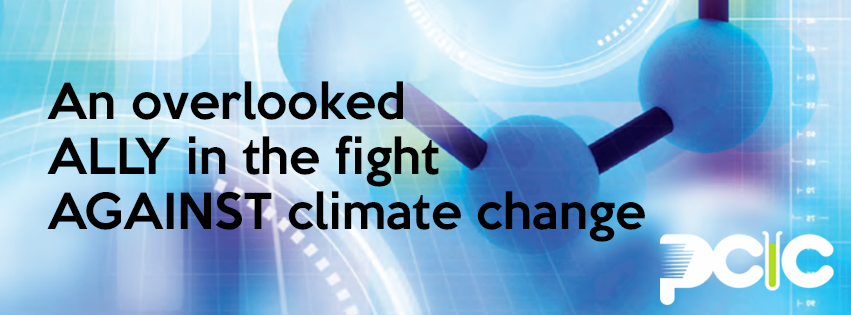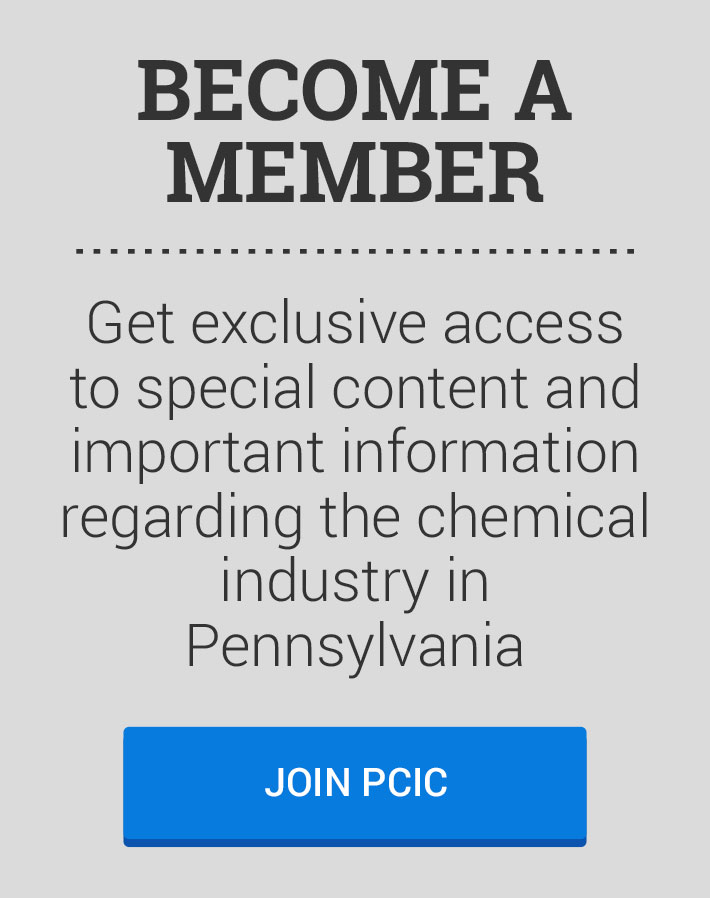It is widely understood that the chemical and petrochemical industry are an economic driver for Pennsylvania, as this $24 billion industry supports more than 80,000 employees and generates more than $1 billion in annual taxes.
However, it recently came to my attention that many are acutely unaware of industry’s active role in reducing greenhouse gas (GHG) emissions through process improvements, innovative products and new technology.
Pennsylvania’s natural gas liquids have provided the petrochemical industry a more affordable and environmentally friendly feedstock. Chemical building blocks such as ethylene make possible innovations deployed across industries to reduce GHG emissions.
For example, plastic-based building materials, such as insulation and sealants improve energy efficiency and reduce energy consumption for commercial and residential buildings, ultimately lowering the carbon footprint for large cities like Pittsburgh.
Across transportation, plastic parts have reduced vehicle weight, resulting in improved fuel economy and reduced emissions.
And industry is leading the way toward a circular economy with advanced recycling, enabling manufacturers to convert hard-to-recycle plastics into new chemicals, products, feedstocks and low-sulfur transportation fuels.
But it doesn’t stop there. Efficiency improvements in chemical manufacturing processes drive greater economic output from each energy unit, ultimately helping the world’s largest manufacturers transition to a low-carbon economy.
Chemical and petrochemical companies are a critical ally in reaching state and national emission reduction goals because the chemical industry supports more than 25 percent of the U.S. gross domestic product.
According to the Environmental Protection Agency, from 1970 to 2017, U.S. gross domestic product increased by 262 percent while carbon emissions decreased by 23 percent.
And in Pennsylvania, the Department of Environmental Protection reports that in 2015, statewide greenhouse gas emissions had fallen by 12 percent from 2000 levels.
In a nutshell, because chemicals provide the building blocks for the products we use every day, leadership from this industry has resulted in economy-wide GHG emission reductions that span the entire value chain.
Many of these global leaders, responsible for innovations addressing climate change, have chosen to do business here in Pennsylvania.
I’ll hit a few highlights:
- BASF, a global chemical producer with operations in Monaca and Erie developed a special range of underwater grouts that can absorb enormous loads, enabling the safe development of wind turbines to produce renewable energy offshore;
- Covestro, a leading polymer materials supplier with U.S. headquarters in Pittsburgh developed a new technology to harness waste carbon emissions from power plants and use it to manufacture a raw material that can be used for flexible foam, found in mattresses, furniture and more;
- Braskem, a global petrochemical company with U.S. headquarters in Philadelphia, operations in Marcus Hook and a research-and-development facility in Pittsburgh has been ranked as one of the world’s most innovative companies for research in products made from renewable resources, reducing the need for the production of new raw materials;
- Dow, a leader in performance materials, industrial intermediates and plastics businesses with operations in Bristol and Spring House and a Technology Innovation Center Hub in Collegeville, has developed silicone solutions to prevent energy dense battery packs from overheating in electric vehicles;
- and Eastman Chemical Company, a global advanced materials and specialty additives company with operations in Jefferson Hills has released carbon renewal technology to break down waste plastics into molecular building blocks like carbon, oxygen and hydrogen.
These companies also serve their local communities by spearheading an array of environmental initiatives.
To name just a few:
- Covestro hosted a series of THINC30 Tanks in 2019 to advance the global U.N. sustainable development goals in the local community and was instrumental in the transformation of a blighted property into the Energy Innovation Center, a LEED platinum-certified community space promoting the use of clean technologies;
- in 2018, Braskem entered into a nine-year sustainability-focused partnership with the Philadelphia Eagles, building on the team's long-standing commitment to environmental and community development programs;
- specialty chemical maker, Albemarle Corporation opened a 50-acre public nature trail and wildlife habitat to conserve and showcase wetlands next to their facility in Tryone;
- and a recent donation from Shell Chemicals will increase Beaver County Municipal Recycling’s operations and implement school and community based recycling programs.
PCIC recognizes the global challenges presented by a changing climate. While the U.S. has made significant progress in reducing greenhouse gas emissions, continued commitment and a comprehensive economy-wide approach is critical to addressing this long-term challenge.
A sustainable policy requires a cultural change and participation from both the public and private sector.
The chemical and petrochemical manufacturing industry contributions in this area should be recognized and industry considered an ally as we advance toward a more sustainable economy.






